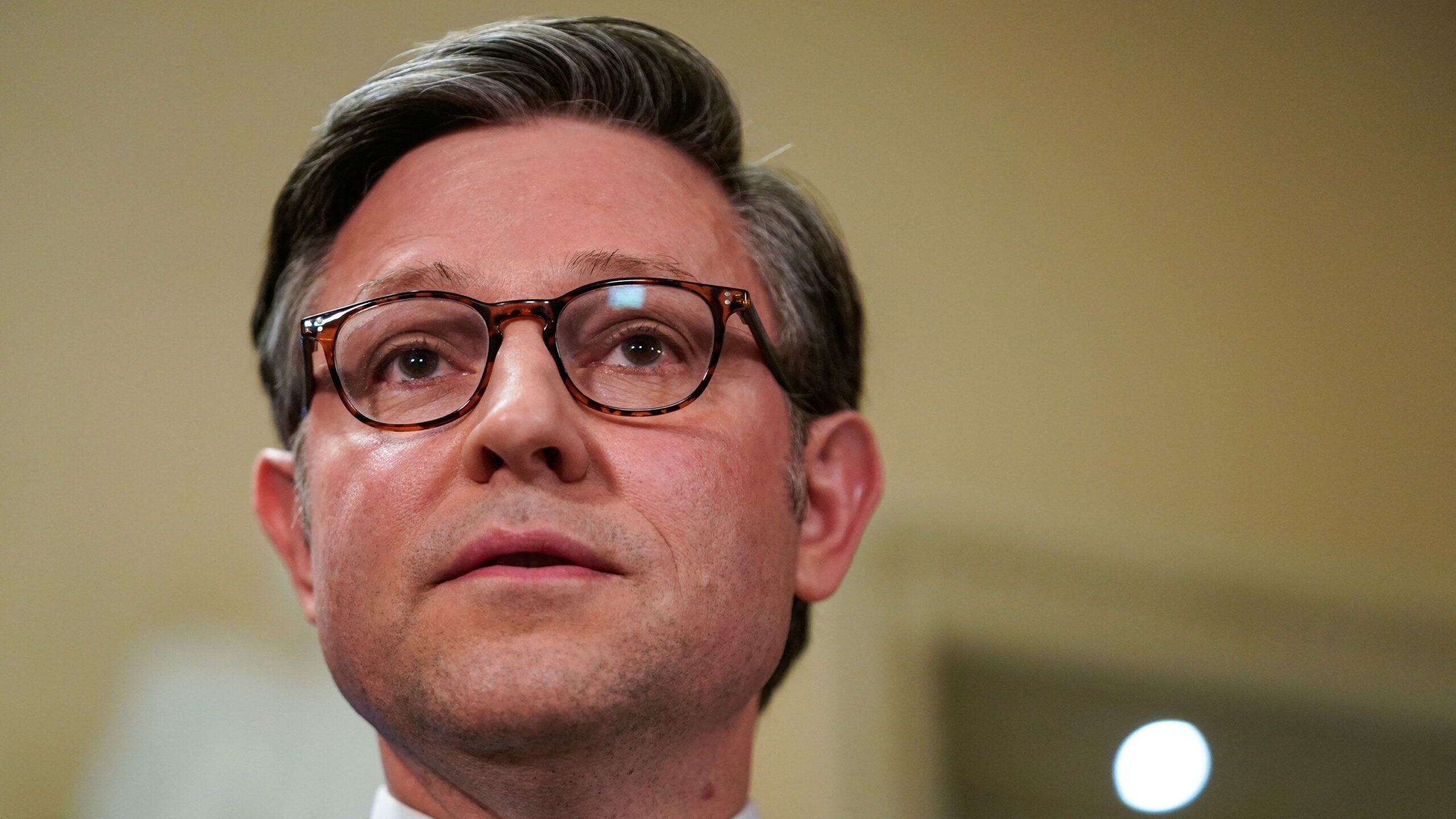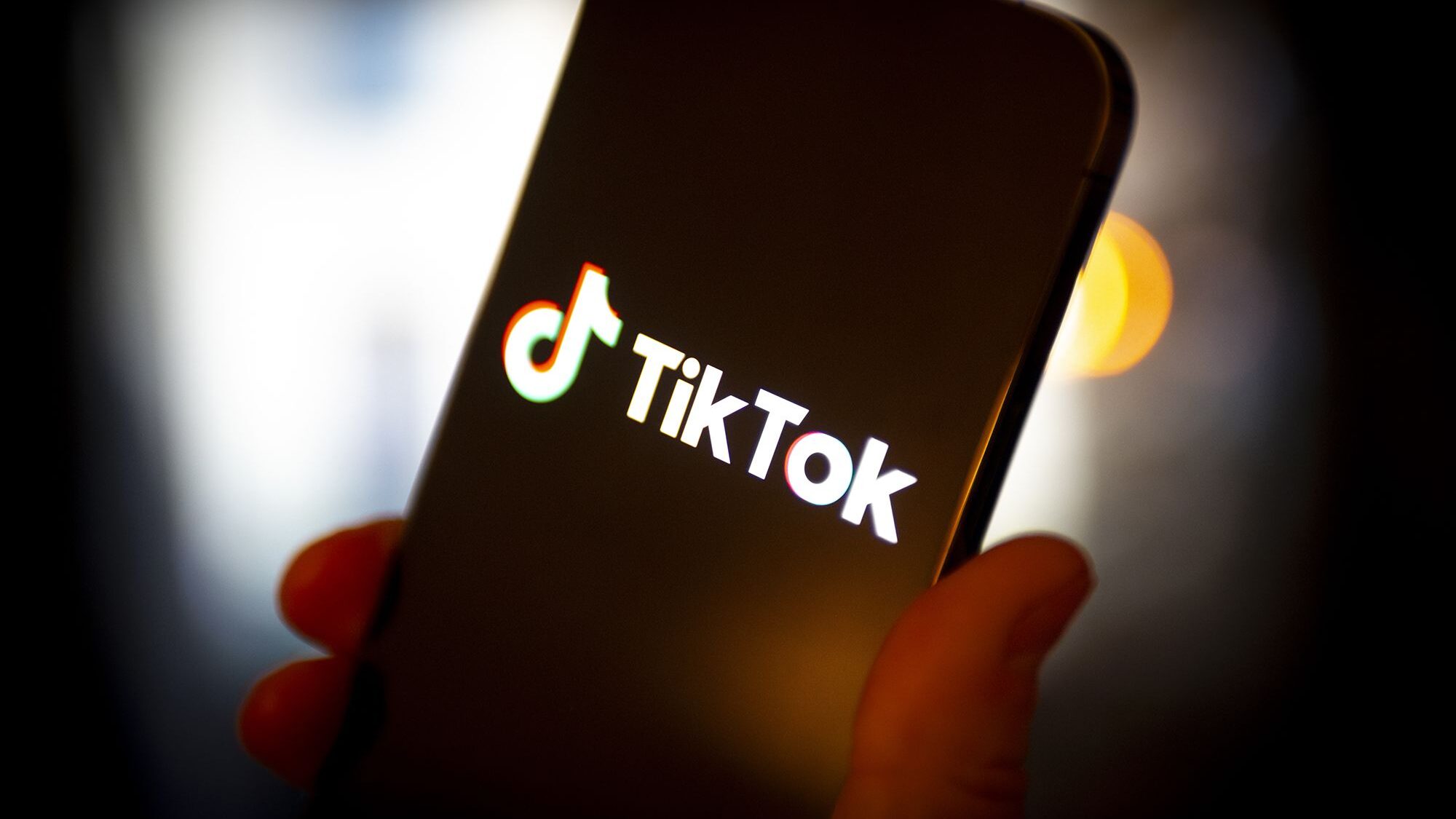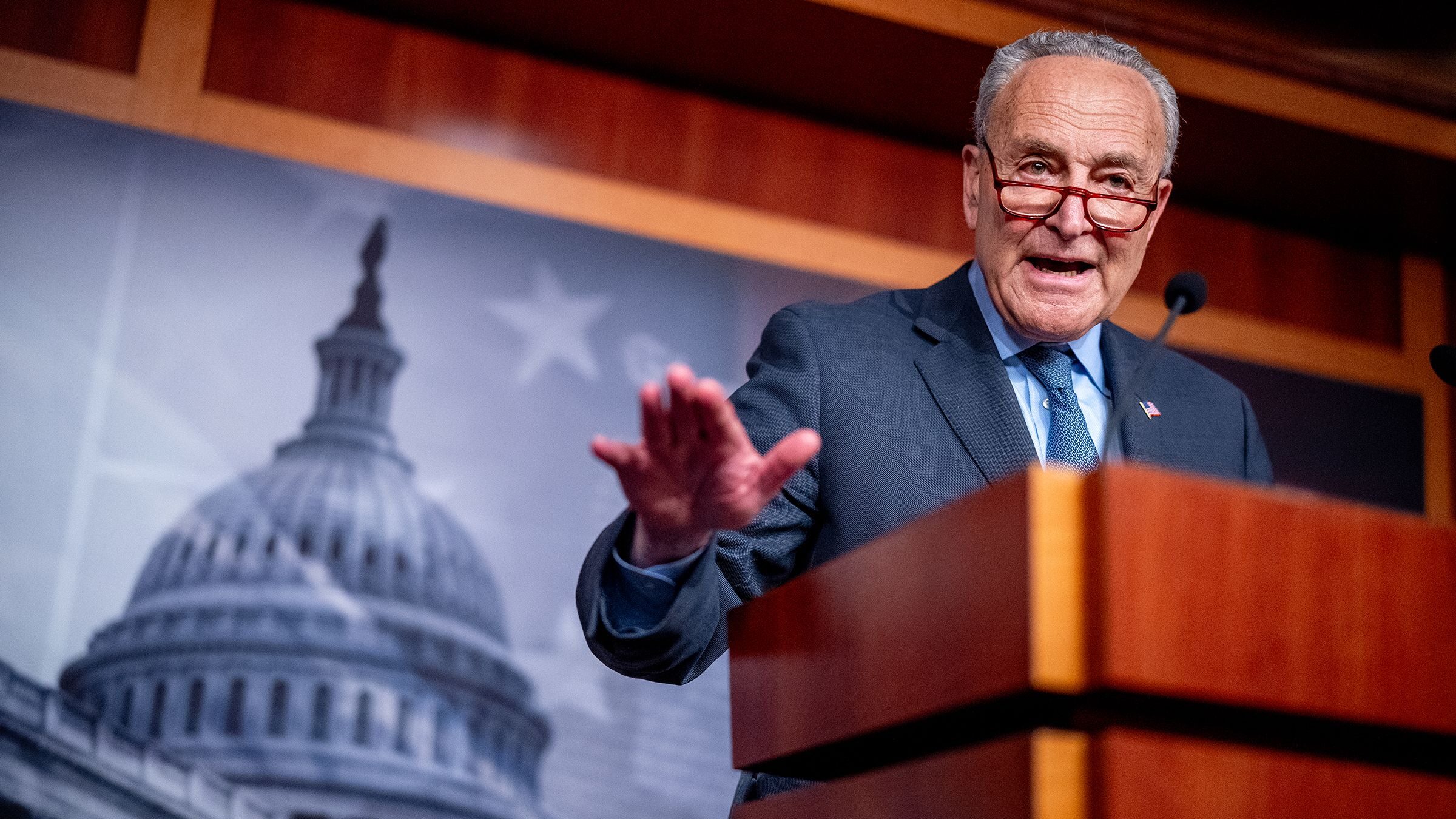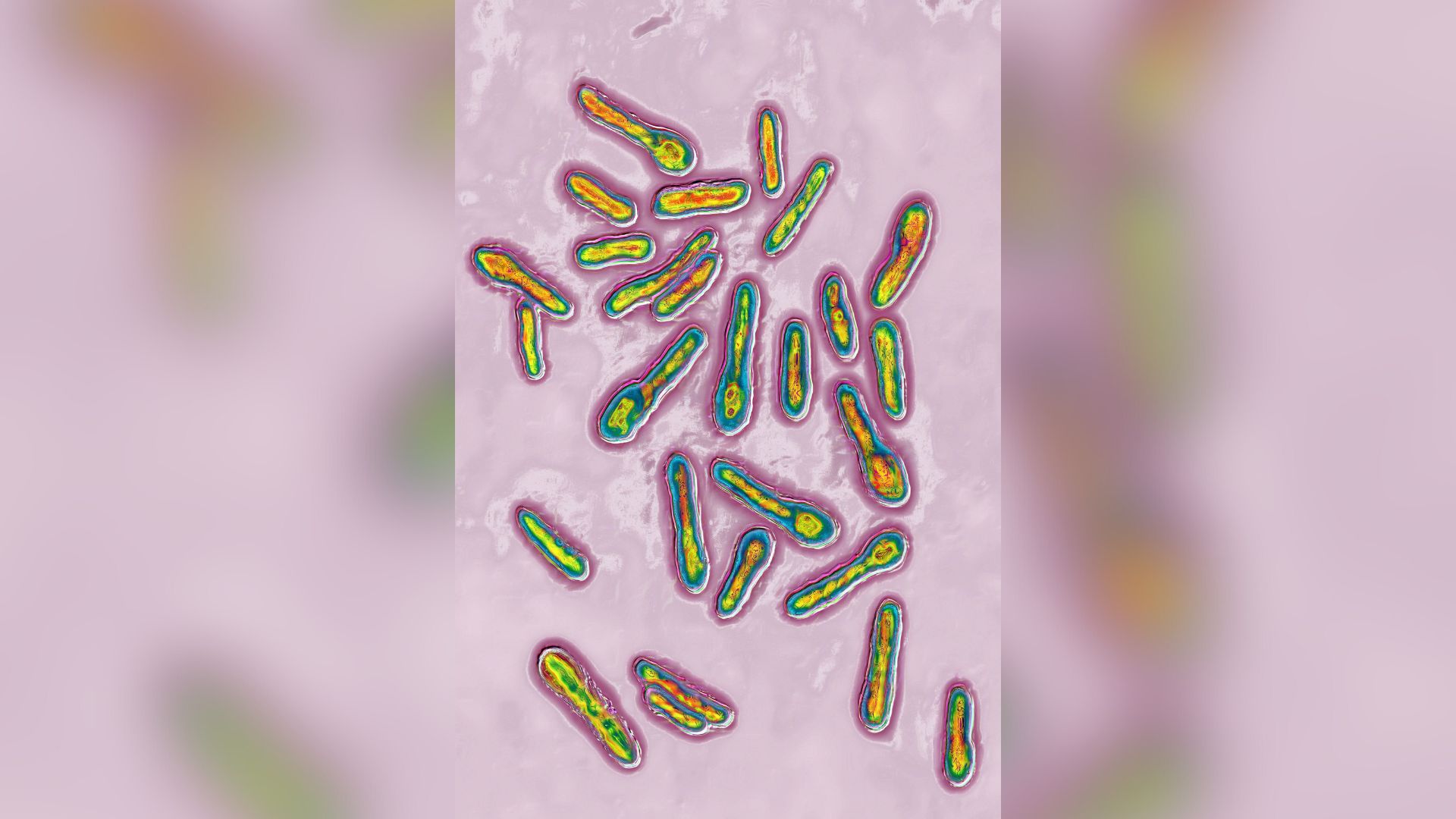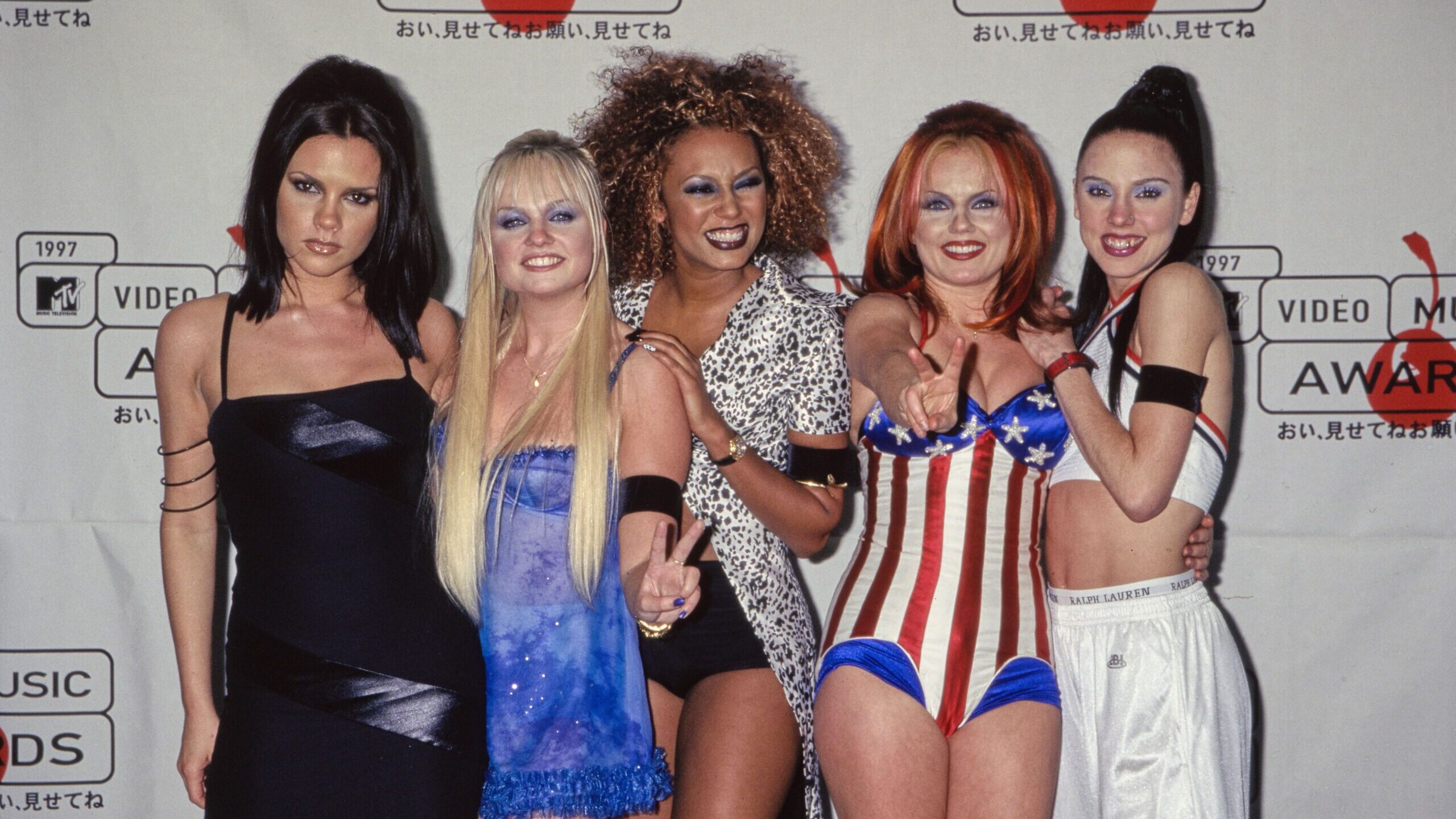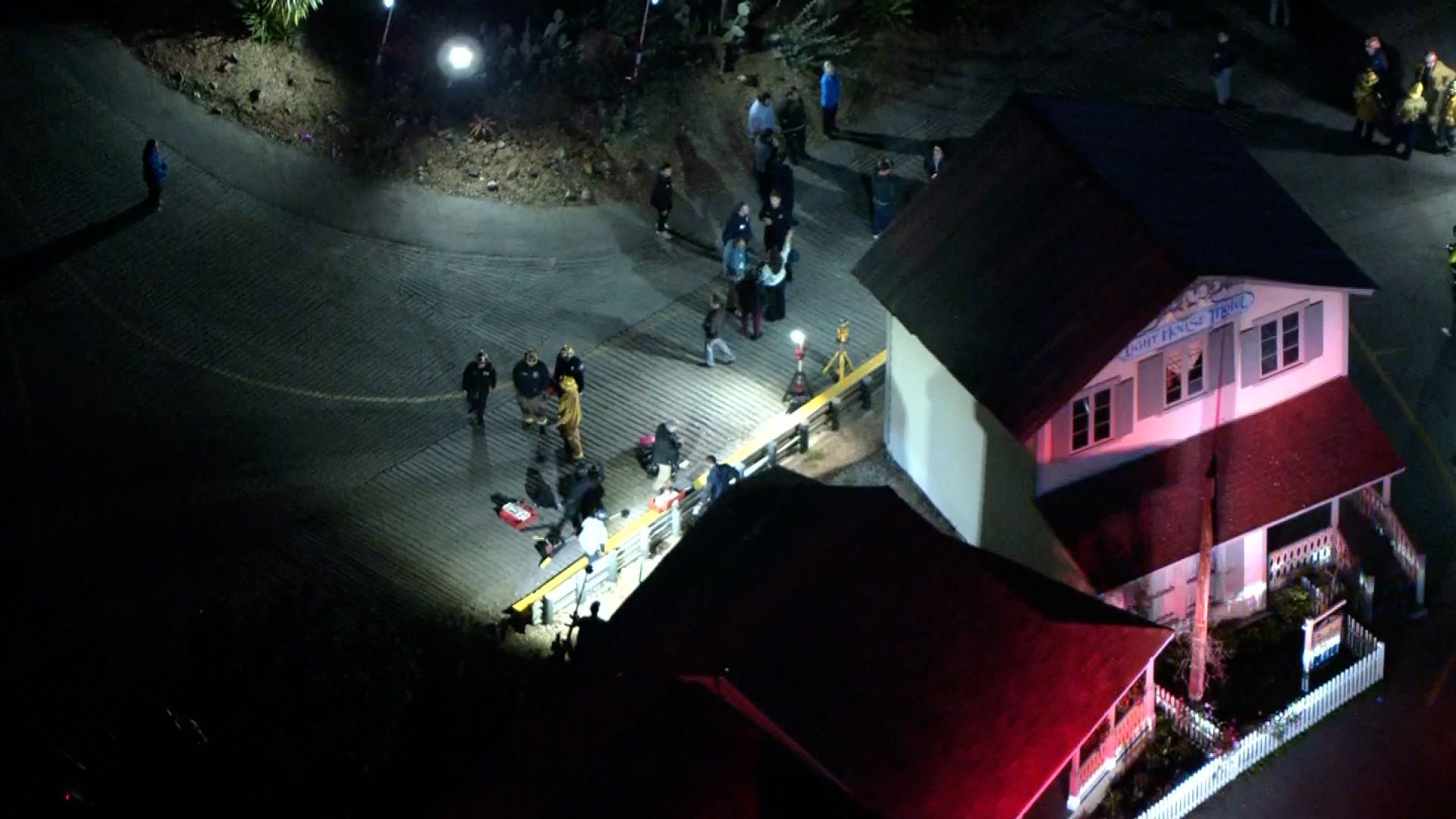Why the US dropped an atomic bomb on Hiroshima 74 years ago today
Aug 6, 2019, 11:36 AM
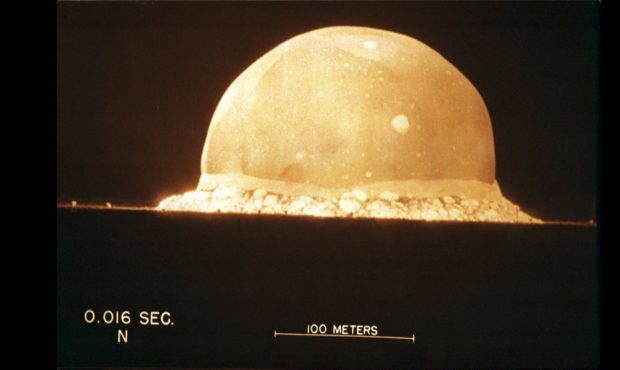
On this date 74 years ago, the US dropped the first of two atomic bombs on the Japanese city of Hiroshima, killing more than 70,000 people instantly. Photo: Bradbury Science Museum/Getty
(CNN) — On this date 74 years ago, the US dropped the first of two atomic bombs on the Japanese city of Hiroshima, killing more than 70,000 people instantly.
A second bomb followed three days later over Nagasaki and killed 40,000 more.
The US remains the only country to ever use an atomic bomb in war.
The nuclear warfare ushered in the end of World War II and a devastating chapter in world history. Here’s what you need to know about the attacks and how Hiroshima honors those who died.
Where is Hiroshima?
The city is the capital of Hiroshima Prefecture located in southwestern Japan on the island of Honshu.
Peace Memorial Park
The Hiroshima Peace Memorial Park is located atop the busy commercial district obliterated by the atomic blast and contains monuments dedicated to the thousands killed in the explosions.
The recently renovated Peace Memorial Museum sits across the Motoyasu River from the iconic “A-Bomb Dome,” the skeletal ruins of the former Hiroshima Prefectural Industrial Promotion Hall.
The dome was designated a UNESCO World Heritage Site in 1996. The organization described the structure as “a stark and powerful symbol of the most destructive force ever created by humankind; it also expresses the hope for world peace and the ultimate elimination of all nuclear weapons.”
In May 2016, Barack Obama became the first sitting US president to visit Hiroshima. He called for a “world without nuclear weapons.”
“A flash of light and a wall of fire destroyed a city and demonstrated that mankind possessed the means to destroy itself,” he said during an address at the site of the first bombing.
Population
1.17 million, according to a 2010 Japanese census.
Population in 1945
Between 300,000-420,000, according the Department of Energy and the City of Hiroshima website.
The bombing
Then-President Harry S. Truman authorized the attack on Hiroshima. The US B-29 bomber aircraft, the Enola Gay, dropped the nuclear bomb, codenamed “Little Boy,” on August 6, 1945.
Why did the US do it?
American scientists working on the Manhattan Project had successfully tested a working atomic bomb in July of 1945 after the surrender of Nazi Germany in May.
Truman had tasked a committee of advisers, chaired by Secretary of War Henry Stimson, to deliberate whether to use the atomic bomb on Japan.
Sam Rushay, the Supervisory Archivist at the Harry S. Truman Presidential Library in Independence, Missouri, told CNN: “At the time, there was a wide consensus in support of the decision to strike among the members of the committee. Stimson was very adamant that the bomb be used.”
Charles Maier, a professor of history at Harvard University, said that while it was possible for Truman to have made another decision, he said “It would have been hard to justify to the American public why he prolonged the war when this weapon was available.”
“It seemed to offer a potentially magical solution that would spare a lot of pain,” he told CNN.
Maier, who teaches a course on World War II, said Japan was not ready to surrender unconditionally and there was a concern that a weapons demonstration would have not done the job. Such a demonstration would have detonated a nuclear weapon in a non-inhabited but observable area to compel Japan to surrender, an approach that was favored by a group of scientists and Assistant Secretary of War John McCloy, according to Rushay.
He added that Truman and his military advisers feared a “very costly invasion” of Japan.
“The recent experience in the battles in Iwo Jima and Okinawa was very costly in terms of US and Japanese casualties, despite the destruction of the Japanese air force and navy,” Rushay said. “There was a widespread belief among American military planners that the Japanese would fight to the last man.”
Maier said, “Suicide attacks are fairly common today, [but] at the time, the Japanese use of suicidal Kamikaze attacks had made a strong psychological impact on US military decision-makers who reckoned that the whole country would be mobilized to defend the home islands.”
“The US military was unwilling to say it could win the war without the bomb,” he added.
Maier said some historians have speculated that the possibility of the Soviet Union’s entry into the war helped spur the decision to bring the war to a quick end by using the bomb.
Rushay said that Hiroshima was one of four potential targets and that Truman left it up to the military to decide which city to strike. Hiroshima was chosen as a target because of its military importance. Nagasaki was bombed a few days later.
The US remains the only country to have used nuclear weapons.
What was the result?
At least 70,000 people were killed in the initial blast, while approximately 70,000 more died from radiation exposure. “The five-year death total may have reached or even exceeded 200,000, as cancer and other long-term effects took hold,” according to the Department of Energy’s history of the Manhattan Project.
The US dropped another bomb on Nagasaki, Japan, on August 9, 1945, killing up to 80,000 people. Japan unconditionally agreed to accept the terms of surrender on August 14.
What do the critics say?
The utter devastation caused by the bombing has led many to criticize the decision.
In his 1963 memoir, “Mandate for Change,” former President Dwight D. Eisenhower criticized the use of the atomic bombs, saying they weren’t necessary to force the surrender of Japan.
Maier said that the Hiroshima and Nagasaki bombings “did move the Japanese Emperor to intervene with a divided military and advocate for surrender.” But he added that Japan may have been willing to end the war with conditions like keeping the emperor in place.
In 1958, the City Council of Hiroshima passed a resolution condemning Truman for refusing to express remorse for using atomic bombs and for continuing to advocate their use in an emergency situation. The resolution said the city’s residents “consider it their sublime duty to be a cornerstone of world peace and no nation of the world should ever be permitted to repeat the error of using of nuclear weapons.”
The resolution called the ex-president’s stance a “gross defilement committed on the people of Hiroshima and their fallen victims.”
Defense of the bombing
Truman responded to the Hiroshima resolution by writing a letter to the Council’s chairman, saying that “the feeling of the people of your city is easily understood, and I am not in any way offended by the resolution.”
However, Truman stressed the necessity of the decision referencing how the US had “been shot in the back” in the Pearl Harbor attack by Japan and saying that the decision to use the two nuclear bombs saved the lives of 250,000 Allied troops and 250,000 Japanese by helping to prevent an invasion.
“As the executive who ordered the dropping of the bomb, I think the sacrifice of Hiroshima and Nagasaki was urgent and necessary for the prospective welfare of both Japan and the Allies,” Truman concluded.
How do the Americans and Japanese feel about it?
A 2015 Pew Research Center survey found that only 14% of Japanese thought the bombing was justified, while 79% said it wasn’t. A Gallup poll conducted immediately after the bombing in 1945 found that 85% of Americans approved of Truman’s decision. But the Pew survey last year found that the share of Americans who believe the use of nuclear weapons against Japan was justified had fallen to 56%.
The-CNN-Wire
™ & © 2019 Cable News Network, Inc., a Time Warner Company. All rights reserved.


